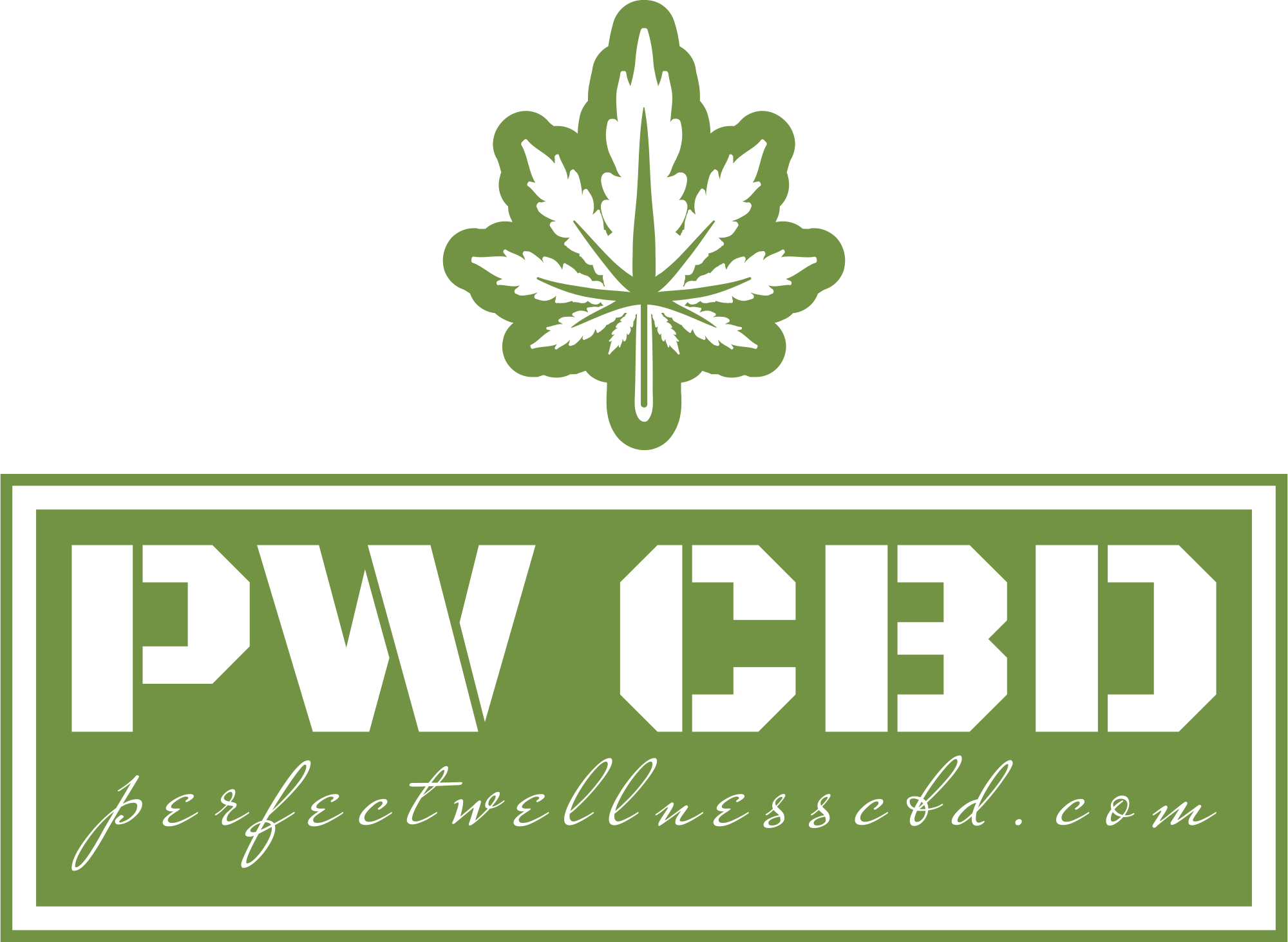Introduction to Vitamin C and Immunity
Vitamin C, also known as ascorbic acid, is a vital nutrient known for its role in supporting immune function. It is a water-soluble vitamin, meaning the body doesn’t store it, so regular intake is essential. This guide explores how vitamin C benefits cold and flu prevention, backed by scientific evidence and practical advice.
Understanding Cold and Flu
What are colds and flu, and how do they differ? Colds and influenza (flu) are respiratory illnesses caused by different viruses. Colds are usually milder and involve symptoms like a runny nose, sneezing, and sore throat. In contrast, the flu tends to be more severe, with symptoms such as fever, body aches, and fatigue.
How do colds and flu spread? Both colds and flu spread through respiratory droplets when infected people cough, sneeze, or talk. Touching contaminated surfaces and then touching the face can also transmit the viruses.
Role of Vitamin C in Immune Function
How does vitamin C support the immune system? Vitamin C enhances various immune functions, including stimulating the production and function of white blood cells, which are crucial in fighting infections. It also helps protect these cells from damage by harmful molecules like free radicals.
Can vitamin C prevent colds and flu? While vitamin C doesn’t prevent the initial infection, it may reduce the severity and duration of colds and flu symptoms in some people. Regular intake of vitamin C is associated with fewer colds in certain populations, especially in those with low dietary intake or high physical stress.
Scientific Evidence Behind Vitamin C and Cold Prevention
What does scientific research say about vitamin C and cold prevention? Numerous studies have explored the effects of vitamin C on cold prevention and treatment. While results are mixed, some studies suggest that regular supplementation with vitamin C can shorten the duration of colds and reduce symptom severity, particularly in individuals with low vitamin C levels.
Is there a recommended dosage of vitamin C for cold prevention? The recommended daily allowance (RDA) for vitamin C is around 75-90 milligrams per day for most adults. However, higher doses (up to 1000 mg per day or more) are sometimes recommended during cold and flu season or for individuals under increased physical or environmental stress.
Foods Rich in Vitamin C
What are some natural sources of vitamin C? Citrus fruits like oranges, grapefruits, and lemons are well-known sources of vitamin C. Other fruits such as strawberries, kiwi, and guava also contain high levels. Vegetables like bell peppers, broccoli, and spinach are excellent vegetable sources.
Is it better to get vitamin C from foods or supplements? Getting vitamin C from whole foods is generally preferred because it also provides fiber and other nutrients beneficial for overall health. However, supplements can be useful for individuals who have difficulty meeting their vitamin C needs through diet alone.
Supplementing with Vitamin C
Are there different forms of vitamin C supplements? Yes, vitamin C supplements come in various forms, including ascorbic acid, sodium ascorbate, and calcium ascorbate. These forms may differ in their absorption rates and tolerability for individuals.
What should I consider when choosing a vitamin C supplement? When selecting a vitamin C supplement, consider factors such as the form of vitamin C, dosage per serving, and additional ingredients. It’s essential to choose a reputable brand to ensure quality and purity.
Safety and Considerations
Can you take too much vitamin C? Excessive intake of vitamin C can cause gastrointestinal symptoms such as diarrhea, especially at doses above 2000 mg per day. It’s generally safe for most people when consumed within recommended limits, but individuals with certain conditions should consult a healthcare provider.
Are there any interactions with medications? Vitamin C supplements can interact with certain medications, including blood thinners and chemotherapy drugs. Always consult with a healthcare provider before starting any new supplements, especially if you have underlying health conditions or take medications.
Lifestyle Tips for Immune Support
Besides vitamin C, what else can I do to prevent colds and flu? Maintaining good hygiene practices such as washing hands frequently, avoiding close contact with sick individuals, and getting vaccinated against the flu can significantly reduce your risk of infections. Additionally, staying physically active and managing stress levels can support overall immune function.
Conclusion
In conclusion, vitamin C plays a crucial role in supporting immune function and may help reduce the severity and duration of colds and flu symptoms in some individuals. While it’s not a cure, regular intake of vitamin C through diet and possibly supplementation can contribute to overall health and well-being, especially during cold and flu season.
FAQs
Does vitamin C prevent colds?
Vitamin C does not prevent the initial infection but may reduce the severity and duration of cold symptoms.
How much vitamin C should I take daily for immune support?
The recommended daily allowance (RDA) for vitamin C is around 75-90 milligrams per day for most adults, but higher doses may be beneficial during cold and flu season.
Can vitamin C supplements help if I already have a cold?
Vitamin C supplements may help reduce the duration and severity of cold symptoms, especially if started early in the course of the illness.
Are there side effects of taking vitamin C supplements?
High doses of vitamin C (>2000 mg/day) can cause gastrointestinal side effects like diarrhea. It’s best to stick to recommended doses unless otherwise advised by a healthcare provider.
Which foods are highest in vitamin C?
Citrus fruits, strawberries, kiwi, bell peppers, broccoli, and spinach are excellent sources of vitamin C.
Is it better to get vitamin C from supplements or food sources?
Getting vitamin C from whole foods is generally preferred as it also provides other beneficial nutrients. Supplements can be useful for individuals who need to increase their intake.
Are there interactions between vitamin C supplements and medications?
Yes, vitamin C supplements can interact with certain medications, including blood thinners and chemotherapy drugs. Always check with your healthcare provider before starting new supplements.
Can vitamin C prevent the flu?
Vitamin C is more effective in reducing the severity and duration of cold symptoms rather than preventing the flu entirely. However, it may still have some benefits during flu season.
Should I take vitamin C supplements every day?
Consistent intake of vitamin C, whether through diet or supplements, is beneficial for overall health, especially during periods of increased susceptibility to colds and flu.
Are there specific groups who may benefit more from vitamin C supplementation?
Individuals with low dietary intake of vitamin C, smokers, older adults, and those under physical or environmental stress may benefit more from vitamin C supplementation for immune support.
- Jaw Fillers For A Defined Jawline Near Ripley, Surrey - June 2, 2025
- What Demigender Identity Means For Gender Expression In Intimacy - June 1, 2025
- Profhilo Treatment Near Ranmore, Surrey - May 31, 2025


